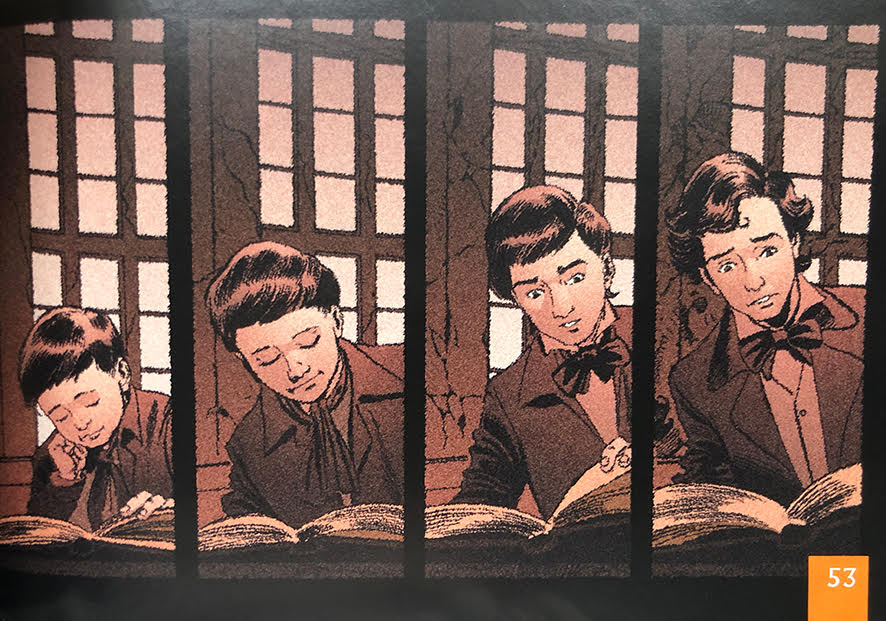If you read for just 20 minutes a day, you'll read 1.8 million words a year!
I don’t know where this statistic came from. I’m not a particularly fast reader so if it’s based on me and not the average person 1.8 million words may be a little high but if I sat down and worked it out, I’d probably find that it wasn’t far off. I’d like to believe it’s true but it may have been made up simply to encourage more people to read. And that’s not a bad thing. We should read more, but for those who struggle to read, picking up a book can be hard work.
If you're lucky, your love of reading started at a young age. Recreational reading enhances overall well-being. There’s no doubt about that. The act of escaping into a good book provides a temporary reprieve from real-life worries and anxieties. Whether curled up with a novel on a rainy day or sitting in a treehouse with a pile of comics, the immersive experience of reading can transport you to a place of calm and offers a break from the stresses of daily life. But in today’s fast-paced world of tablets and phone screens it can be easy to forget to read or to make the time needed to pick up a book.

The physical act of reading enriches our lives in lots of ways too. As we turn the pages, we read more and learn more. At its core, reading for fun is a gateway to knowledge and learning. Through books, readers gain access to a wealth of information and ideas that broaden their understanding of the world. Fiction can transport us to imaginary worlds, allowing us to experience diverse cultures and fantastic adventures. Non-fiction provides insight into many subjects such as science and philosophy, empowering readers to deepen their knowledge and ask questions.
Moreover, recreational reading fosters empathy and emotional intelligence by immersing readers in the lives and experiences of characters. As readers begin to empathise with characters in their books, they develop a greater capacity to understand and relate to the feelings of others outside of books.
But if reading doesn't typically appeal to you, consider starting with books that are engaging and easy to read. Graphic novels can be an easy step in the right direction. Choose titles similar to your interests to get started. Audiobooks can also be a great alternative if you prefer listening to reading.

When Ebenezer Scrooge was young he spent the holidays alone at his boarding school, reading and studying. Now I know he’s a fictional Dickens character who loves nothing but money so you wouldn’t need to be this extreme — some light holiday reading is fine and probably more than enough. Read what you want to and not what you're told to and you may find you actually enjoy reading after all. The most important thing is to enjoy your downtime because before too long the weekend or holiday will be over and you'll be back at school being told what to read.

